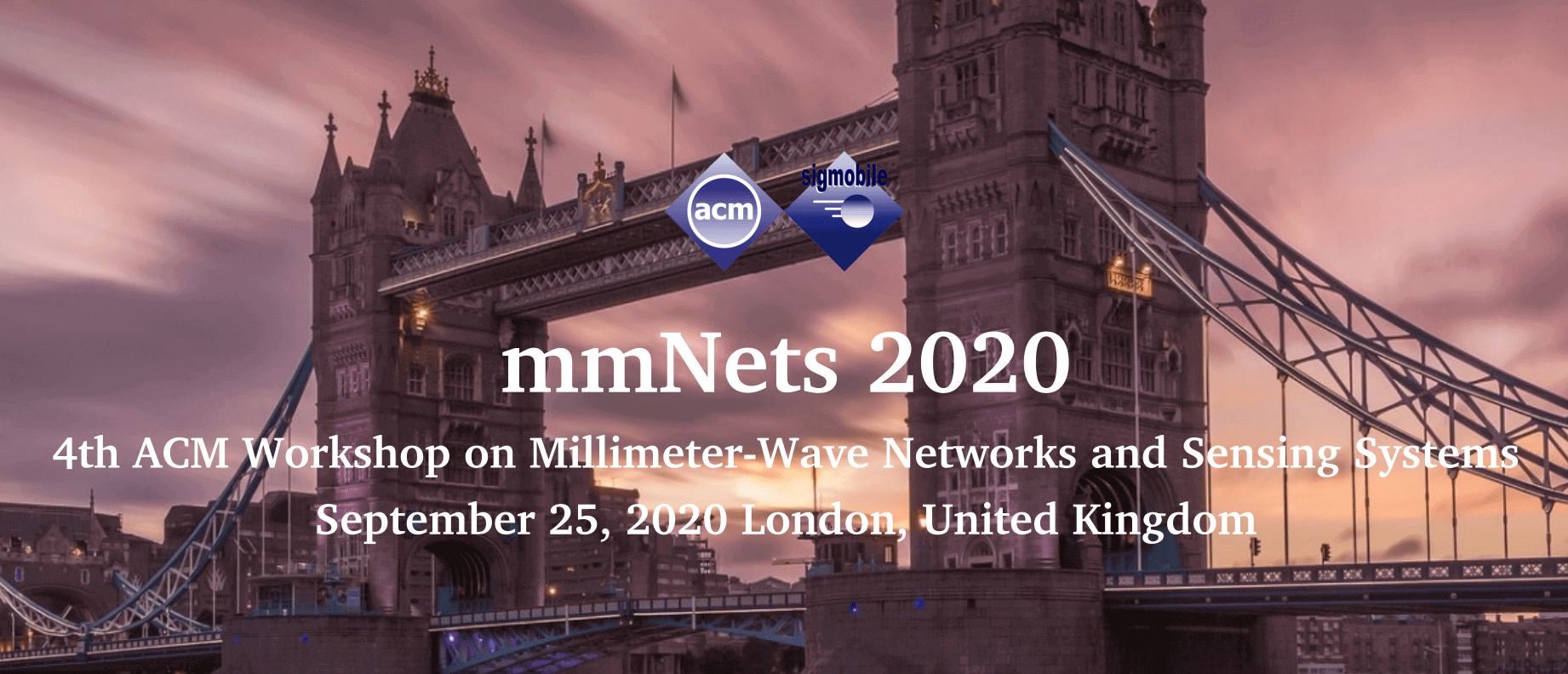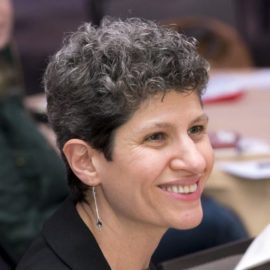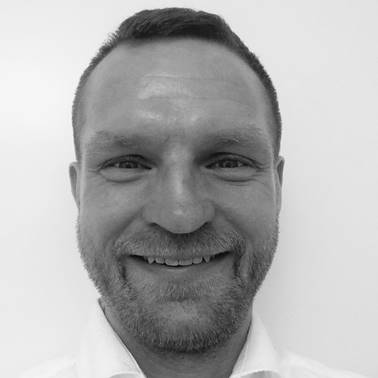
Keynotes
First Keynote: Elza Erkip (NYU)
Title: Can Information Theory Guide Design and Practice of mmNets?
 Abstract: Millimeter wave (mmWave) networks offer the possibility of orders of magnitude greater capacity than their 4G counterparts. However, there are various challenges in realizing these gains: mmWave signals are highly directional and are prone to blockage, and the wide bandwidth as well as large number of transceiver antennas result in significant energy consumption. This talk outlines how these challenges can be addressed through information theory guided design. We first focus on low resolution digital-to-analog and analog-to-digital converters (DACs and ADCs) that are used for limiting the energy consumption, and study capacity bounds and associated signal designs under quantization and spectral mask constraints. We next study optimal multi-user beam alignment techniques that are able to localize channel angle of arrivals for multiple user simultaneously. In each scenario, we discuss how the design strategies developed can be used in practice.
Abstract: Millimeter wave (mmWave) networks offer the possibility of orders of magnitude greater capacity than their 4G counterparts. However, there are various challenges in realizing these gains: mmWave signals are highly directional and are prone to blockage, and the wide bandwidth as well as large number of transceiver antennas result in significant energy consumption. This talk outlines how these challenges can be addressed through information theory guided design. We first focus on low resolution digital-to-analog and analog-to-digital converters (DACs and ADCs) that are used for limiting the energy consumption, and study capacity bounds and associated signal designs under quantization and spectral mask constraints. We next study optimal multi-user beam alignment techniques that are able to localize channel angle of arrivals for multiple user simultaneously. In each scenario, we discuss how the design strategies developed can be used in practice.
Bio: Elza Erkip an Institute Professor in the Electrical and Computer Engineering Department at New York University Tandon School of Engineering. She received the B.S. degree in Electrical and Electronics Engineering from Middle East Technical University, Ankara, Turkey, and the M.S. and Ph.D. degrees in Electrical Engineering from Stanford University, Stanford, CA, USA. Her research interests are in information theory, communication theory, and wireless communications.
Second Keynote: Anders Furuskär (Ericsson Research)
Title: What Can We Do With mmW 5G? Supported Deployments and Expected Performance
 Abstract: This talk is about supported deployments and expected performance of 5G mmW. We discuss the basic characteristics of mmW propagation and the capabilities of a 5G system to handle these. With this background, we look at examples of datarates, coverage, and capacity achieved with mmW in a set of deployments, including macro and small cells. Results from both simulations and measurements are included.
Abstract: This talk is about supported deployments and expected performance of 5G mmW. We discuss the basic characteristics of mmW propagation and the capabilities of a 5G system to handle these. With this background, we look at examples of datarates, coverage, and capacity achieved with mmW in a set of deployments, including macro and small cells. Results from both simulations and measurements are included.
Bio: Anders Furuskär holds an M.Sc. in electrical engineering and a Ph.D. in radio communications systems, both from KTH Royal Institute of Technology in Stockholm, Sweden. He has been with Ericsson Research since 1996, and has participated in the development and standardization of 2G to 5G. Anders currently works as a Senior Expert within radio network performance, and his research interests include the usability and expected performance of new technologies and frequency bands, and their ability to meet future demands on services and traffic.